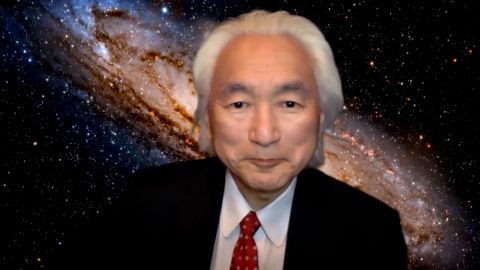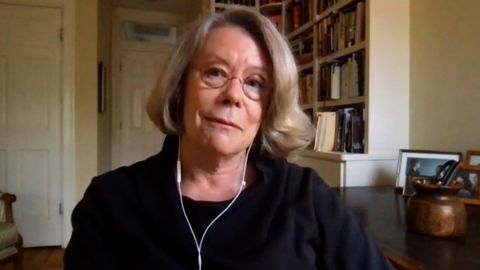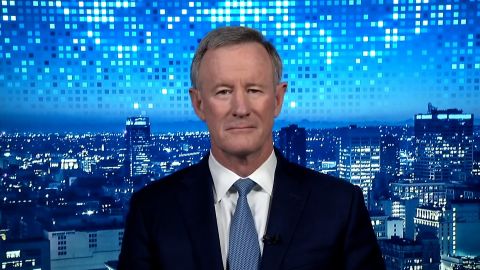Read Transcript EXPAND
ADM. WILLIAM MCRAVEN (RET.), FORMER COMMANDER, U.S. SPECIAL OPERATIONS: Well, thanks, Christiane. Obviously, the Biden administration has made the assessment that we can’t win this war militarily, that it’s going to have to have some sort of political outcome in order for us to leave Afghanistan in a thoughtful, timely manner, which we are trying to do. But, as you point out, we went there in the first place in order to take away the sanctuary for al Qaeda. And if you look over the last 20 years, we have been successful in doing that. We have not had a major attack on the U.S. since 9/11, and certainly nothing from Afghanistan. So, our — I mean, again, our mission to some degree, we achieved the results we were hoping to achieve. Now, as the president looks at departing on September 11, there are still going to be risks. And from my standpoint, as a former senior military officer, all you can hope for is that the president has listened to the advice and counsel of his senior leaders in the military. And I know for a fact that he has listened to General Scott Miller, who is the commander of the ISAF forces out there. He has listened to FRANK McKenzie, who is the CENTCOM commander, of course, Chairman Mark Milley, and the secretary of defense, Lloyd Austin, all four men who have had extensive experience in Afghanistan. And they have had the opportunity to present the risks, to present the challenges to the president. And, really, from a military standpoint, that’s all we can hope for. Then, at the end of the day, we are a professional military. We will follow the orders of our civilian leaders, and we will do the best we can to execute those orders. And I think that’s — that is the way forward for us right now.
CHRISTIANE AMANPOUR: Let me just ask you to think back, then, to when the Obama administration — of course, Joe Biden, was vice president then — withdraw all forces from Iraq. And shortly thereafter, ISIS came storming in and took over what we were told was a piece of land the size of France and the size of, I don’t know, half of Western Europe. And it took many years and a redeployment of thousands of U.S. troops to rid that place of ISIS. Do you think that is a risk by leaving Afghanistan in this way now, whether it’s ISIS or any other anti-Western terror group?
MCRAVEN: Well, obviously, ISIS and Taliban aren’t the same. But I know that the military leaders have learned from what happened in Iraq and the rise of ISIS. They have briefed the president on, again, the risks of the Taliban coming back into power, what is going to happen in terms of the sanctuaries, what will happen to the progress that we have made with the with the women in Afghanistan. I am confident that all of those risks have been laid out in great detail to the president. And part of the president’s assessment was, how are we going to mitigate those risks?
About This Episode EXPAND
William McRaven; Elizabeth Becker; Michio Kaku
LEARN MORE


